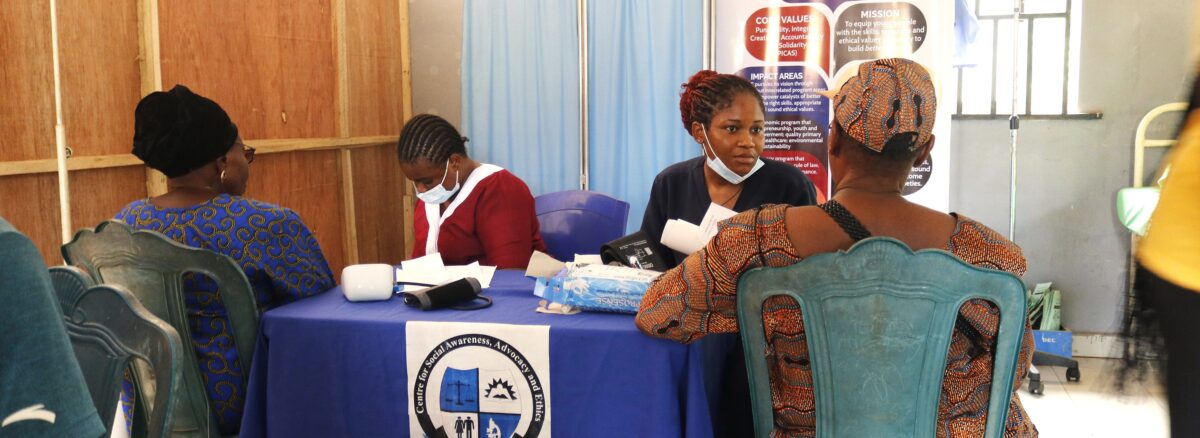Every year on May 28th, the world comes together to observe World Menstrual Hygiene Day—a pivotal occasion dedicated to raising awareness about menstrual health and hygiene. As we mark World Menstrual Hygiene Day 2025, we are reminded not only of the progress made over the years but also of the pressing challenges that persist in the quest to ensure that every woman and girl can manage her menstruation with dignity and confidence.
The Theme: Breaking Taboos, Empowering Women
The anticipated theme for 2025 centers on breaking menstrual taboos and empowering women. Menstruation, a natural and essential biological process, remains heavily stigmatized in many societies. Harmful myths and misconceptions continue to fuel shame and silence, depriving millions of women and girls of the support, information, and resources they need.
From inadequate access to sanitary products and clean water, to the emotional toll of social exclusion, menstrual health remains a critical yet often overlooked issue.
Why Menstrual Hygiene Matters
Menstrual hygiene is not just a health matter—it is a human rights issue. Inadequate menstrual hygiene management has far-reaching consequences:
Health Risks: Poor menstrual hygiene can lead to infections, reproductive health complications, and long-term medical issues.
Social Exclusion: In many communities, menstruating women and girls are excluded from school, religious practices, and even their own homes.
Educational and Economic Impact: A lack of proper menstrual hygiene support often results in missed school days and limited participation in work, stifling educational attainment and economic independence.
Breaking the Silence: Steps Toward Change
Tackling menstrual health challenges requires a multifaceted approach rooted in education, access, and inclusion:
Education and Awareness
Comprehensive menstrual education empowers women and girls to understand and manage their menstrual cycles with confidence. It also equips boys and men with knowledge that fosters empathy and support.
Access to Sanitary Products
Availability and affordability of sanitary products are fundamental. Governments, NGOs, and private sectors must prioritize local production and distribution of quality menstrual hygiene products.
Infrastructure and Sanitation
Safe, private, and clean sanitation facilities in schools, workplaces, and public spaces are essential to support menstrual hygiene. These must include water, soap, and proper waste disposal options.
Community Engagement
Open conversations—especially involving men and boys—are vital in dismantling the culture of silence around menstruation. Community-led initiatives can normalize the conversation and challenge entrenched stigmas.
Menstrual Hygiene as a Tool for Empowerment
When women and girls are equipped to manage their menstruation effectively, they are better positioned to:
- Stay in school and complete their education
- Participate confidently in the workforce
- Make informed choices about their reproductive health
- Stand against stigma and champion their rights
Menstrual hygiene, therefore, becomes a symbol of empowerment—a gateway to broader gender equality and social inclusion.
A Call to Action
As we observe World Menstrual Hygiene Day 2025, let this be more than just a commemoration. Let it ignite a global movement that champions menstrual health as a basic right and an essential component of women’s empowerment.
Raise awareness. Start conversations. Inspire change.
Together, we can build a world where menstruation is not a barrier—but a bridge to a more inclusive, educated, and empowered society.

